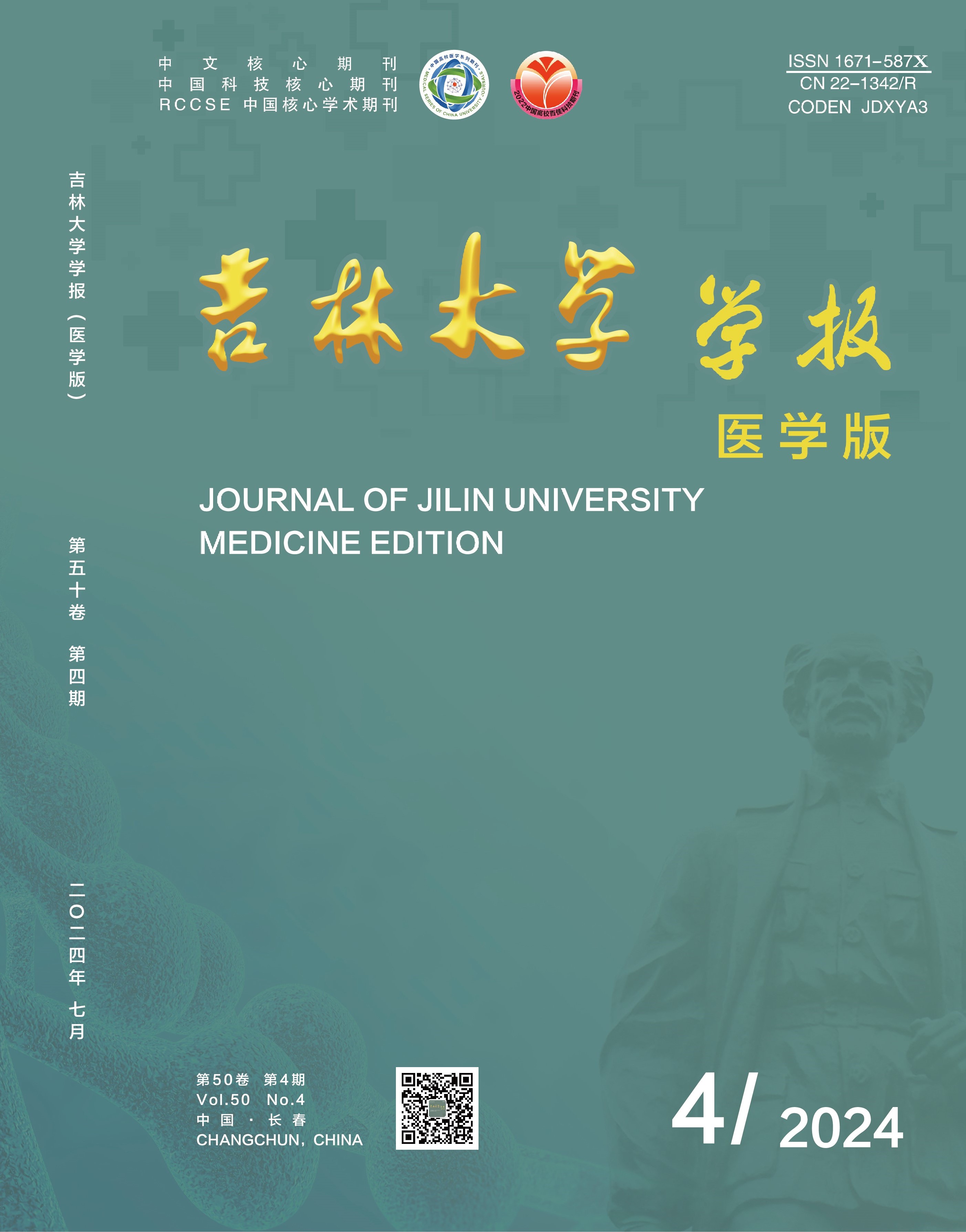Objective: To investigate the protective effect of schisandrin B (SchB) on the cerebral ischemia reperfusion injury of the rats and the influence in HSPA12B/PI3K/Akt signaling pathway, and to explore the mechanisms.Methods: 130 SD rats were divided into sham group, cerebral ischemia reperfusion injury model group (model group), low dose of SchB group(SchB 3 mg·kg-1, SchB1 group), middle dose of SchB group(SchB 10 mg·kg-1, SchB2 group)and high dose of SchB group(SchB 30 mg·kg-1, SchB3 group)(n=26). The rats in sham group didn't plug lines; the rats in model were used to establish ischemia reperfusion models; the rats in SchB1, SchB2 and SchB3 groups were firstly pretreated with different doses of SchB for 7 d, and then they were used to build cerebral ischemia reperfusion injury models. The nerve dysfunction of rats was evaluated by neurologic deficit score. The cerebral edema was detected by measuring the content of water in brain tissue. The morphological changes of brain tissue were observed by toluidine blue staining. The levels of nuclear factor kappa B (NF-κB), tumor necrosis factor-α (TNF-α), interleukin-1 (IL-1) and interleukin-6 (IL-6) in the brain tissue were detected by ELISA. Western blotting method was used to detect the protein expression levels of heat shock protein A12B (HSPA12B), serine-threonine kinase (Akt) and phosphorylation serine-threonine kinase (p-AKT). Results: Compared with sham group, the neurologic deficit score of rats in model group was significantly increased (P<0.01), and the content of water in brain tissue was increased (P<0.01); the brain tissue structure was loosened, and the mesenchyme appeared edema; the NF-κB, TNF-α, IL-1, and IL-6 levels were increased (P<0.01), and the expression levels of HSPA12B and p-Akt proteins were decreased (P<0.01). Compared with model group, the neurologic deficit scores of the rats in SchB1, SchB2, and SchB3 groups were decreased (P<0.01), and the contents of water in brain tissue of the rats in SchB2 and SchB3 groups were decreased (P<0.05); the edema of nerve cells was alleviated, and the cavities were reduced; the NF-κB, TNF-α, IL-1, and IL-6 levels were decreased (P<0.05 or P<0.01), the expression levels of the HSPA12B protein in SchB2, and SchB3 groups were increased (P<0.05), and the p-Akt protein expression levels of the rats in SchB1, SchB2, and SchB3 groups were increased (P<0.01). Conclusion: SchB could protect the cerebral ischemia reperfusion injury of rats, its mechanism may be related to regulating the HSPA12B/PI3K/Akt signaling pathway and inhibiting the inflammatory reaction damage to the nerve cells of reperfusion.

 Table of Content
Table of Content
 Guide to Authors
Guide to Authors


